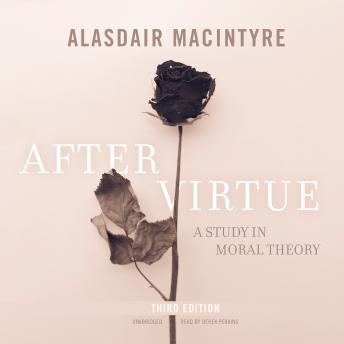


I was struck by Aristotle’s description of courage in particular. It’s incredibly subtle and precise, especially when you compare it with the way a lot of moral words are used today. It’s not nearly as readable as the Symposium: it’s dense and obscure in places and you really do have to struggle with it, but it is a sophisticated and subtle analysis of the various virtues: courage, temperance, and wisdom among many others. Aristotle was Plato’s most famous student. The Nichomachean Ethics was written at the same time, wasn’t it?Ī little later. And that, I think, is very attractive and important. But what Plato seems to be saying is that moral education is not a matter of imposing principles on people against their natural bent, it’s more a matter of engaging with their desires and educating them – leading them towards the good. A lot of people think that in order to motivate somebody to behave morally, you’ve basically got to make it in their interest: by setting out some system of rewards and punishments. I’ve become fascinated with this idea, because I think it explains a lot of problems to do with moral motivation. Ultimately, sexual love is a kind of misdirection of this desire for the good, which we’ve got to transcend.

His idea is that it’s a desire for “the good” itself, and that we only desire an individual insofar as he appears to us to embody the good. It’s a little twee, and I think it appeals to our romantic sensibilities, but it isn’t actually Plato’s idea of Eros at all. So we’re all going around looking for our other half and when we find it, we will feel complete again.

The one everyone remembers is the speech of Aristophanes, the comic playwright, who says that originally human beings had four legs, four arms, and two heads, and then Zeus broke us in two. They’re chatting, and they each give a speech where they set out their concept of “Eros”. It’s set in the house of an Athenian, and he’s invited Socrates and some of his other friends around after a theatrical event for a drinking party. Plato is the founding figure in the Western philosophical tradition and the Symposium is one of his most charming books – you can read it like a novel. Shall we start with Plato? I assume you chose this to define the meaning of virtue. Foreign Policy & International Relations.


 0 kommentar(er)
0 kommentar(er)
